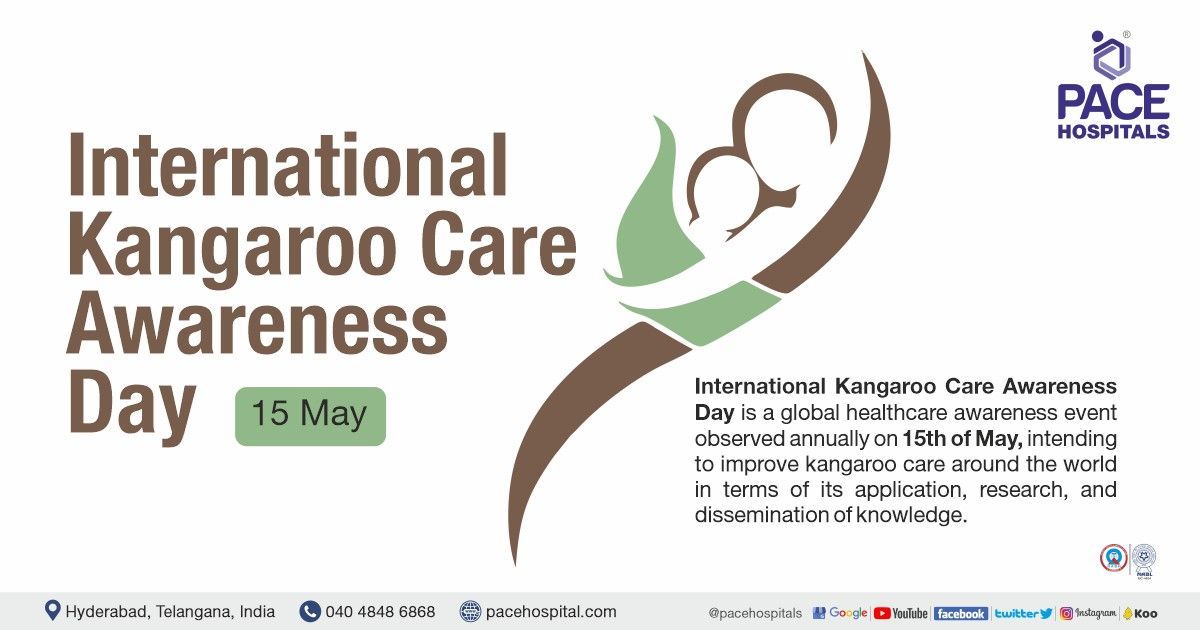A 2006 UN report says that the total amount of greenhouse gases / carbon emissions given out during the process of animal breeding is around 18 per cent, far more than the emissions of cars, planes, or any other forms of transport put together.
Over the years, a lot of vegetarians tend to nurse a misplaced belief that this great big dietary divide that separates them from meat-eaters is rather unfair. Or perhaps that social norms have short-changed them and handed them the wrong end of the bargain.
Often this has led them to cut-corners and flavour their lives with a slice of something that’s different. After all, a little non-vegetarian adventurism along the way, every now and then, never does any harm, or does it?
Perhaps this could be a reason why ‘Veggies’ thoughts often tend to stray and wonder sometimes whether the grass is greener on the other side of the fence. Oops, pardon me! This wasn’t exactly meant as a pun. But it does seem quite so appropriate in this context.
However, the coming of World Vegetarian Day on October 1, and the mark-up of this entire month as Vegetarian Awareness Month, calls for some serious heart-searching on both sides of the divide.
In order to ‘unhitch die-hard meat-eaters even if it is just for a day from their regular quota of animal flesh, a battery of chefs have lined up an array of ‘incognito vegetables’ that can pass muster and fool the most jaded of palates and epicurean connoisseurs into believing that they are in fact eating meat – when actually they’re not.
A 2006 UN report says that the total amount of greenhouse gases / carbon emissions given out during the process of animal breeding is around 18 per cent, far more than the emissions of cars, planes, or any other forms of transport put together.
In order to ‘unhitch die-hard meat-eaters even if it is just for a day from their regular quota of animal flesh, a battery of chefs have lined up an array of ‘incognito vegetables’ that can pass muster and fool the most jaded of palates and epicurean connoisseurs
As more people around the world appreciate the health benefits of a plant-based diet, home cooks and chefs are finding ingenious ways to make tasty, familiar meatless meals.
One of the finest examples of an ‘incognito vegetable’ is raw Jackfruit (known as kathal in north India). When cooked with the right ingredients and spices, as a curry, it can taste almost as good as mutton.
Bengali cuisine with its tantalising array of cuisine has similar offerings to keep you guesiing whether you’re eating fish or not. They can magically transform pumkin to taste like a delectable and mouth-watering fish preparation.
The Malyali people/s love for fish has led to the preparation of many faux fish preparations. Instead of fish they use bananas. In North Bihar, pumpkin is sometimes reimagined as fish. “It is sliced into rectangular pieces, like fish fillets, and deep fried.
In Lucknow people make the most delicious ‘Shaami kebabs’. Instead of mutton mince they use raw bananas together with gram and nobody can tell that it’s not meat. And if the host should tell you what those kebabs are made of, you don’t believe her, thinking she pulling a fast one.
Soy chunks, mushroom, paneer, tofu and now tempeh (made from fermented soy beans) are popular substitutes for meat. And now the market is also bristling with ready-made plant-based meats, aimed at people who turned vegetarian, but are craving the familiarity of the food they grew up eating
World Vegetarian Day began when the North American Vegetarian Society (NAVS) was set up in 1977. It was further endorsed by the International Vegetarian Union in 1978. Their aim is to inform the public about how vegetarianism benefits them, other animals and the planet as a whole.
The ancient Greek philosopher and mathematician Pythagoras was an early advocate for keeping to a vegetarian diet. It’s one of the reasons why this diet is also known as Pythagorean Diet.
A vegetarian diet focuses on vegetables, seeds, legumes, fruits, nuts and grains and also includes animal products such as eggs, dairy and honey, that are obtained without involving the death of an animal or the consumption of its meat.
Vegetarianism has been present in India since the 5th Century BCE, though the concept is also clearly present in Buddhism, which originated between the fifth and sixth centuries. China was using Tofu since some 2000 years and equally popular in Indonesian, Japanese and Thai cuisines
Post-Covid, several studies and researches suggest that certain foods or diets may offer protection against the coronavirus and plant-based diets mostly topped the list. Health professionals have reported that vegetarian, vegan or pescatarian (those that exclude meat but include fish) had a lower risk of contracting the coronavirus.
************************************************************************
Readers
These are extraordinary times. All of us have to rely on high-impact, trustworthy journalism. And this is especially true of the Indian Diaspora. Members of the Indian community overseas cannot be fed with inaccurate news.
Pravasi Samwad is a venture that has no shareholders. It is the result of an impassioned initiative of a handful of Indian journalists spread around the world. We have taken the small step forward with the pledge to provide news with accuracy, free from political and commercial influence. Our aim is to keep you, our readers, informed about developments at ‘home’ and across the world that affect you.
Please help us to keep our journalism independent and free.
In these difficult times, to run a news website requires finances. While every contribution, big or small, will makes a difference, we request our readers to put us in touch with advertisers worldwide. It will be a great help.
For more information: pravasisamwad00@gmail.com











